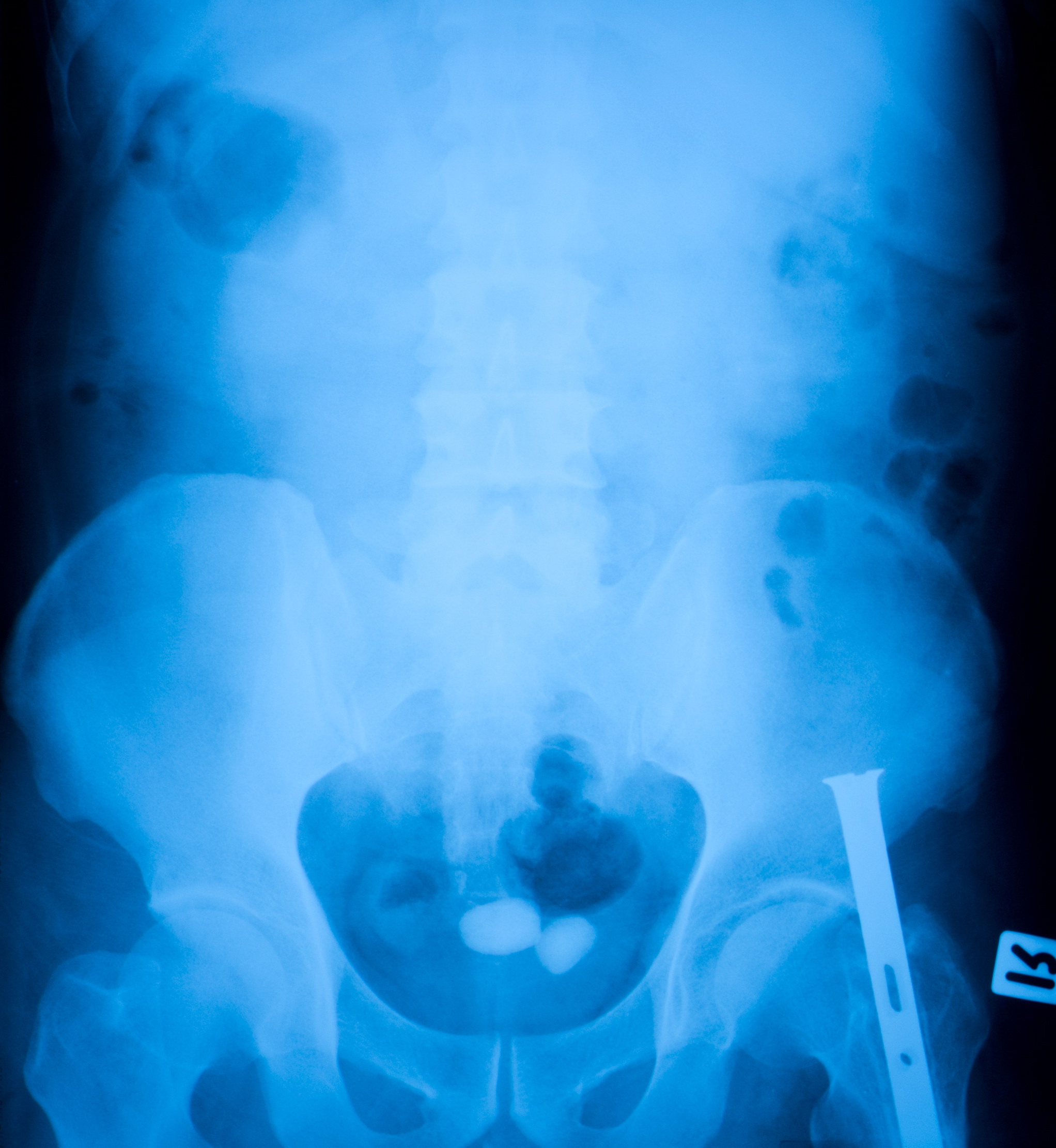Simply put, bladder stones may not seem like the most interesting topic for a newsletter, but they are compelling from an accommodation perspective. Bladder stones can result from several conditions, cause various limitations, and develop into other complications. Causes of bladder stones include: dehydration, urinary tract infections, catheters, and kidney stones. More commonly, an enlarged prostate gland (benign prostatic hyperplasia-BPH) or bladder nerve damage (neurogenic bladder) is the cause. Let’s look more in depth at these two conditions.
BPH is a common and somewhat expected noncancerous condition for older men, where prostate cells multiply and grow. According to the American Urological Association, over 50% of men have BPH by age 60. Neurogenic bladder, on the other hand, is a condition that results from nerve damage, which can be caused by a stroke, diabetes, multiple sclerosis, Parkinson’s disease, cancer treatment, spinal cord injury, and several other conditions. Both BPH and neurogenic bladder restrict the urethra to the point where urine is retained in the bladder. The urine, in turn, crystalizes and results in the formation of large bladder stones.
Smaller bladder stones can pass without any symptoms; however, if they become large enough they will need some form of treatment to pass. Symptoms may sit dormant for many days or even weeks, until a stone blocks the passage of urine. Treatment then might include undergoing a procedure to break the stones apart or surgical removal. The most common limitations resulting from these types of bladder stones are pain, burning when urinating, bloody urine, and frequent urination.
Individuals with bladder stones may need a variety of workplace accommodations or may need none at all. Let’s look at a couple of situations where individuals needed accommodations:
- Roger began having problems emptying his bladder due to a slow urinary stream. He also noticed that he had an increasing amount of blood in his urine. Roger was diagnosed with BPH and bladder stones. He was treated with surgery to remove the tissue obstructing the urethra and remove the bladder stones. Following the surgery Roger had to return to the hospital because of sepsis. Infections are increasingly probable with the use of a catheter, and Roger required extensive antibiotic therapy from his diagnosis. Once he recovered he had long-term effects that included frequent urination and urinary urgency.
- Evelyn was recently treated for cancer in her abdomen. This treatment involved chemotherapy and then radiation. As a side effect of the radiation, Evelyn’s nerves were damaged along her spinal cord and she began dribbling urine and had difficulty emptying her bladder. She was also diagnosed with neurogenic bladder after she started getting bladder stones. Evelyn was treated with medication but periodically had to deal with reoccurrence of the stones.
Both Roger and Evelyn needed leave and flexibility in their work days to return to work. Accommodations that may be effective for them and other individuals dealing with acute or chronic bladder stones usually involve providing leave time, moving the individual closer to a restroom, and implementing flexibility related to work hours, including:
- Flexible Schedule
- Job Restructuring
- Modified Break Schedule
- Periodic Rest Breaks
- Telework, Work from Home, Working Remotely
For more information about bladder impairments, learn more at JAN's A to Z: By Disability.


